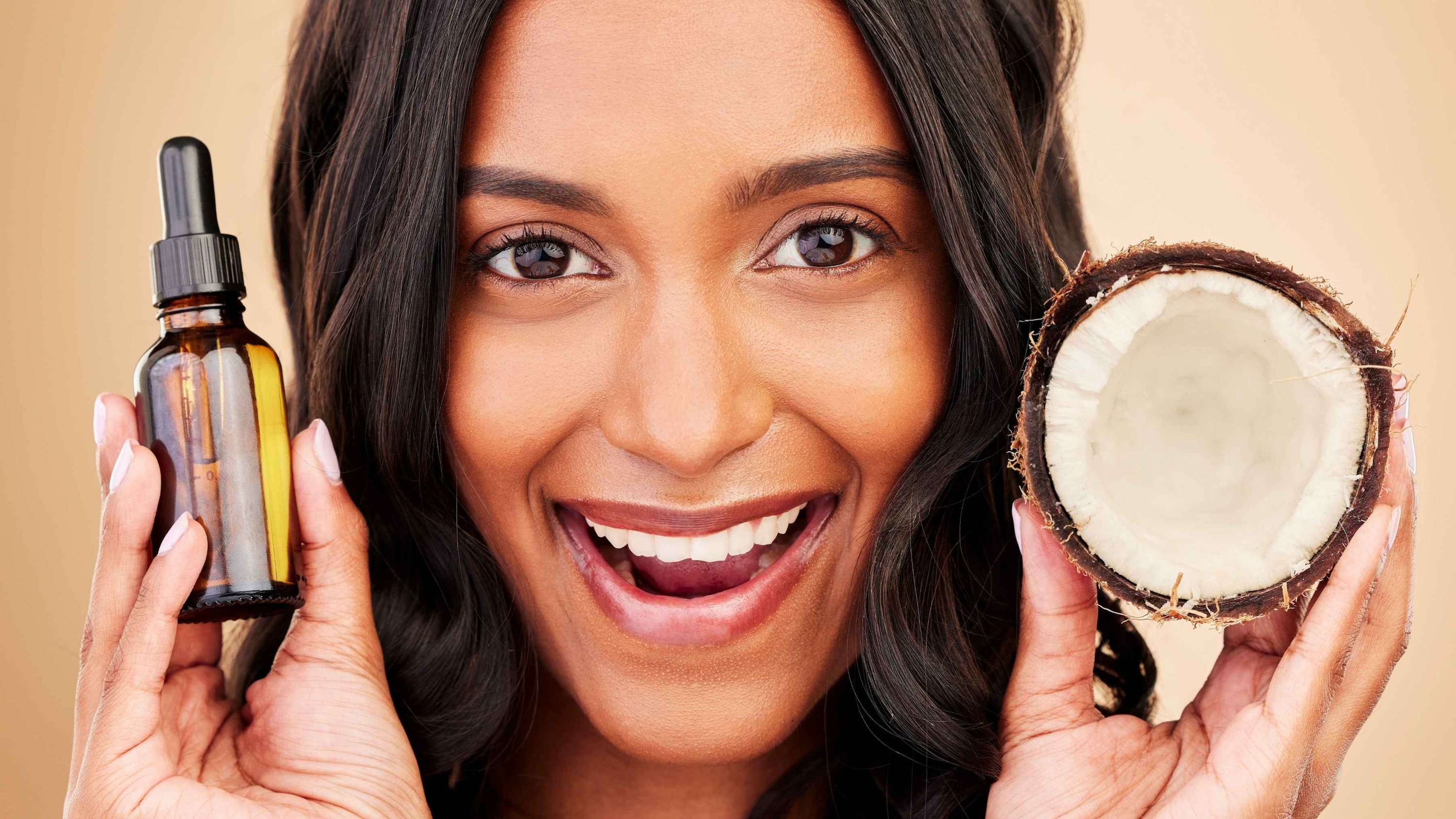A nourishing multitasker or a pore-clogging myth? Here's what coconut oil really does for your skin — and how to use it right.
Coconut oil has been a staple in beauty rituals for centuries, known for its natural healing, moisturizing, and anti-inflammatory properties. From deep conditioning your hair to removing makeup, this versatile oil has earned its place as a skin-care powerhouse. But one question continues to surface: Is coconut oil good for face care? Let's break it down — what makes coconut oil a must-have in your skincare routine, how to use it correctly, and what to watch out for.
01What Is Coconut Oil?
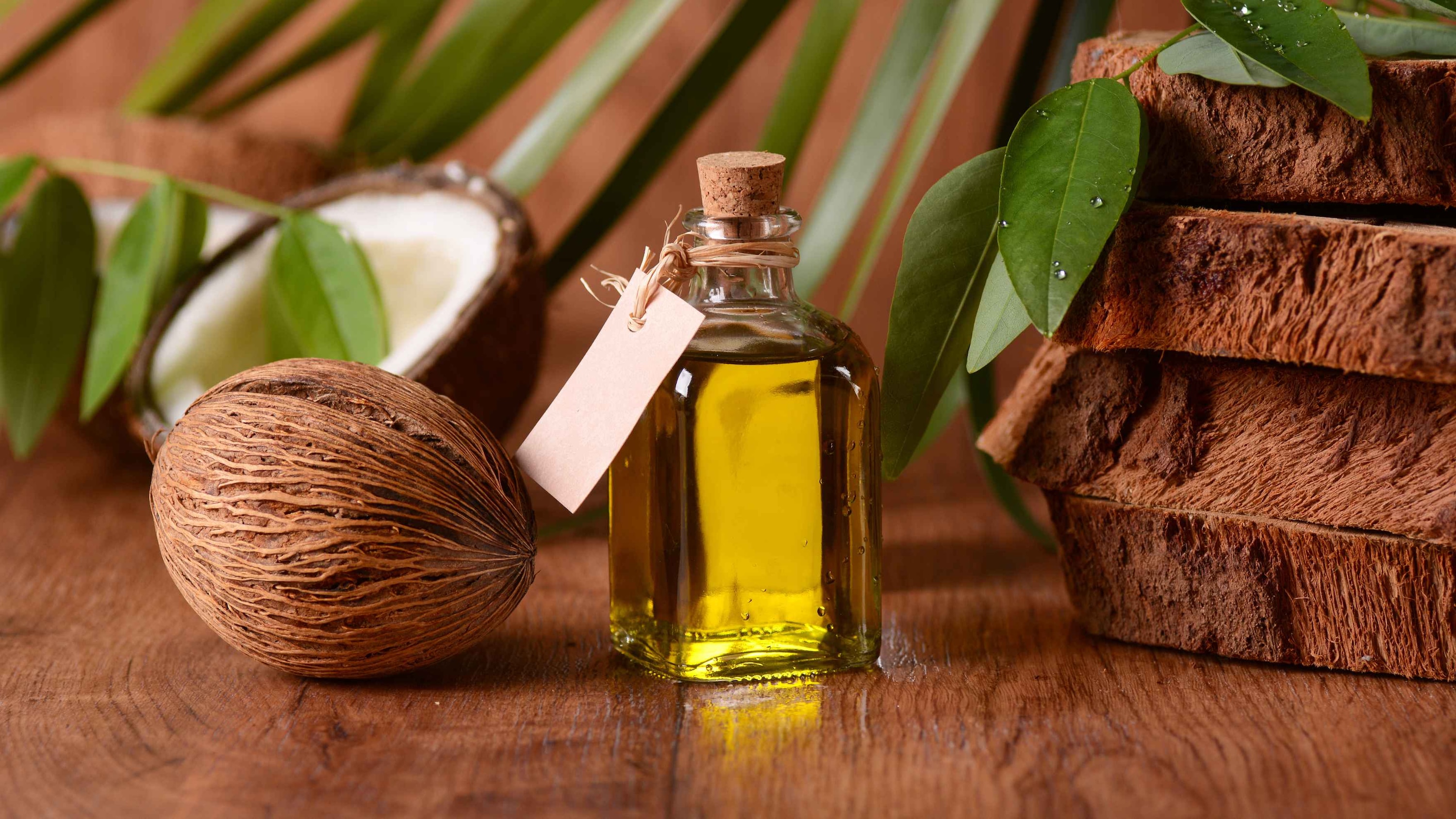
Coconut oil is a natural oil extracted from the meat of mature coconuts. It's solid at room temperature and melts when warmed by your hands or body heat. What makes coconut oil unique is its composition:
- Rich in fatty acids like lauric, capric, and caprylic acid
- Packed with vitamins E and K
- Contains powerful antioxidants that help protect the skin
- Naturally antibacterial and antifungal
Because of this potent blend, coconut oil for face care has become increasingly popular among natural beauty enthusiasts.
02Is Coconut Oil Good for Face?
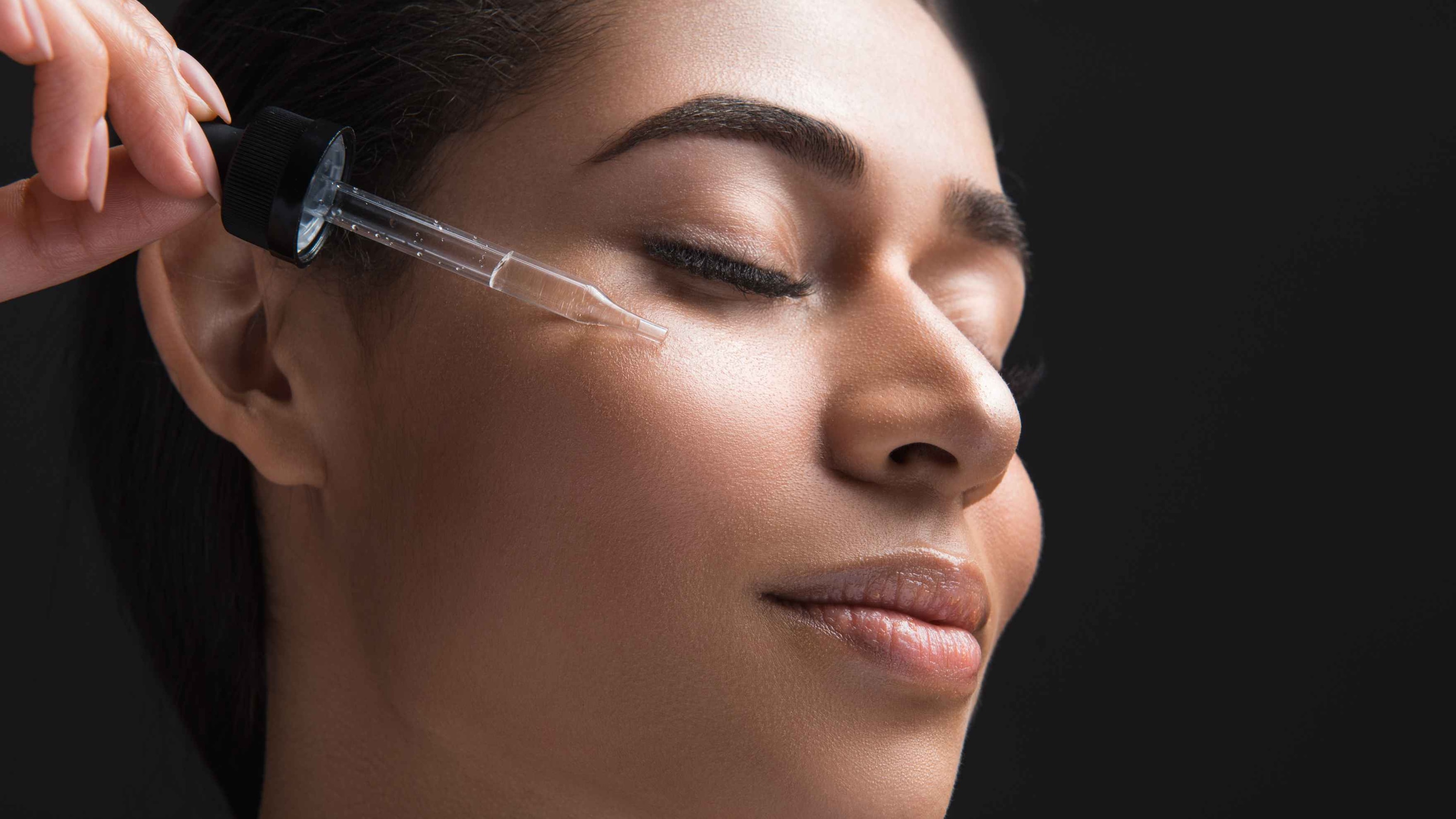
In short — yes, for many people, coconut oil is good for face care. It can hydrate dry skin, calm irritation, and even fight off acne-causing bacteria. However, it's not ideal for every skin type. If you have oily or acne-prone skin, proceed with caution, as coconut oil is comedogenic, meaning it can clog pores.
03Coconut Oil for Face Benefits -

Here are some of the top coconut oil for face benefits that explain why this natural ingredient continues to trend in skincare:
- Deep Moisturization Coconut oil is an excellent emollient that helps lock in moisture, making it ideal for dry or flaky skin.
- Soothes Inflammation Its anti-inflammatory properties can help reduce redness and calm conditions like eczema or dermatitis.
- Rich in Antioxidants Protects your skin from free radical damage, which can cause premature aging.
- Natural Makeup Remover Breaks down makeup gently without harsh chemicals or scrubbing.
- Antibacterial Properties The lauric acid in coconut oil helps fight bacteria that can cause acne and breakouts.
- Skin Barrier Support Helps strengthen the skin's natural barrier, keeping irritants out and hydration in.
- Gentle Exfoliation (when mixed) Mix coconut oil with sugar or oatmeal for a natural face scrub.
- Improves Skin Texture Regular use may leave skin feeling smoother and more supple over time.
04How to Apply Coconut Oil on Face Correctly
If you're wondering how to apply coconut oil on face, follow these simple steps to get the most out of this natural ingredient:
- Choose the Right Coconut Oil -
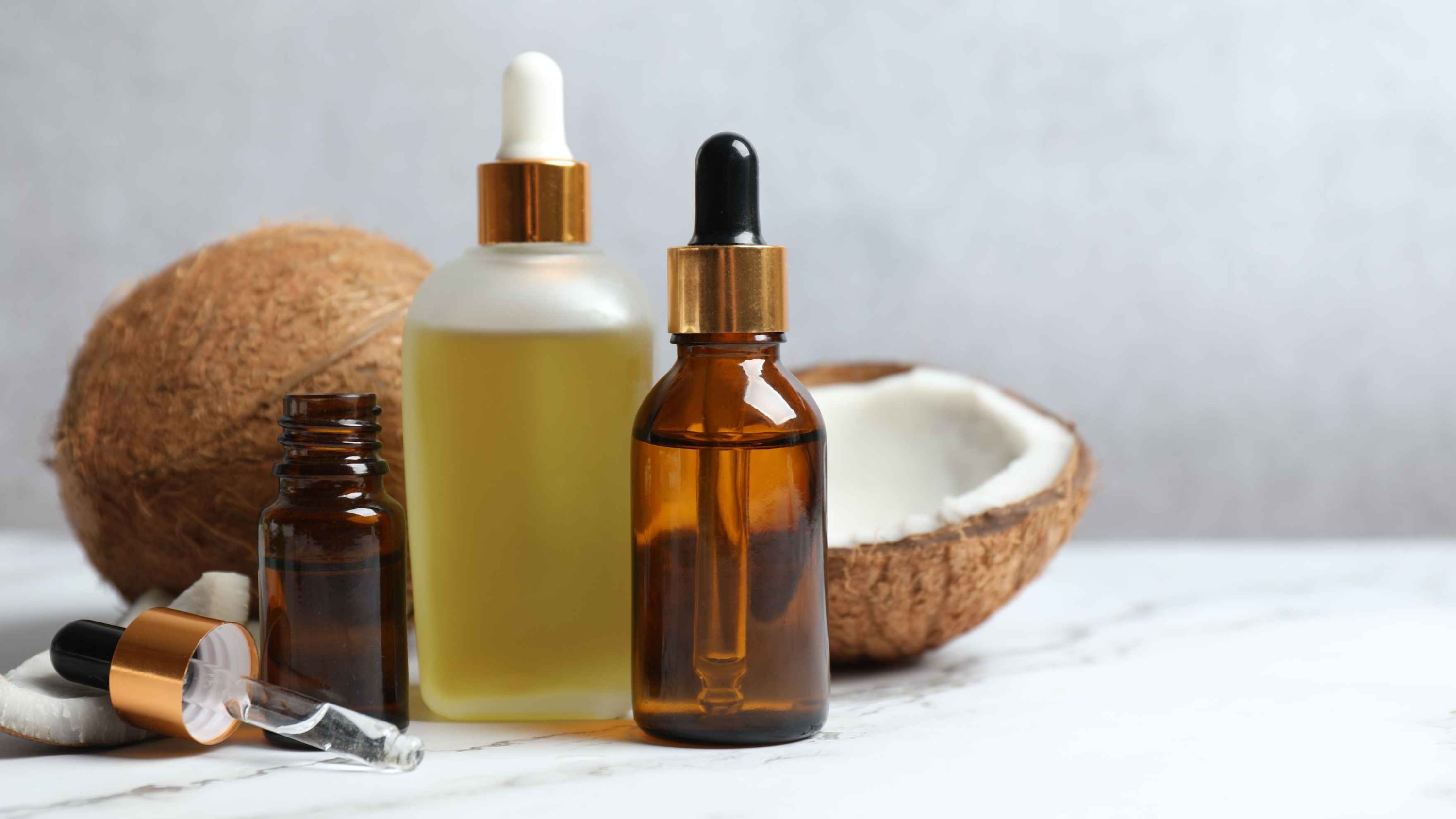
Go for organic, cold-pressed, unrefined coconut oil. This type retains the most nutrients and is safest for your skin.
- Cleanse Your Face -
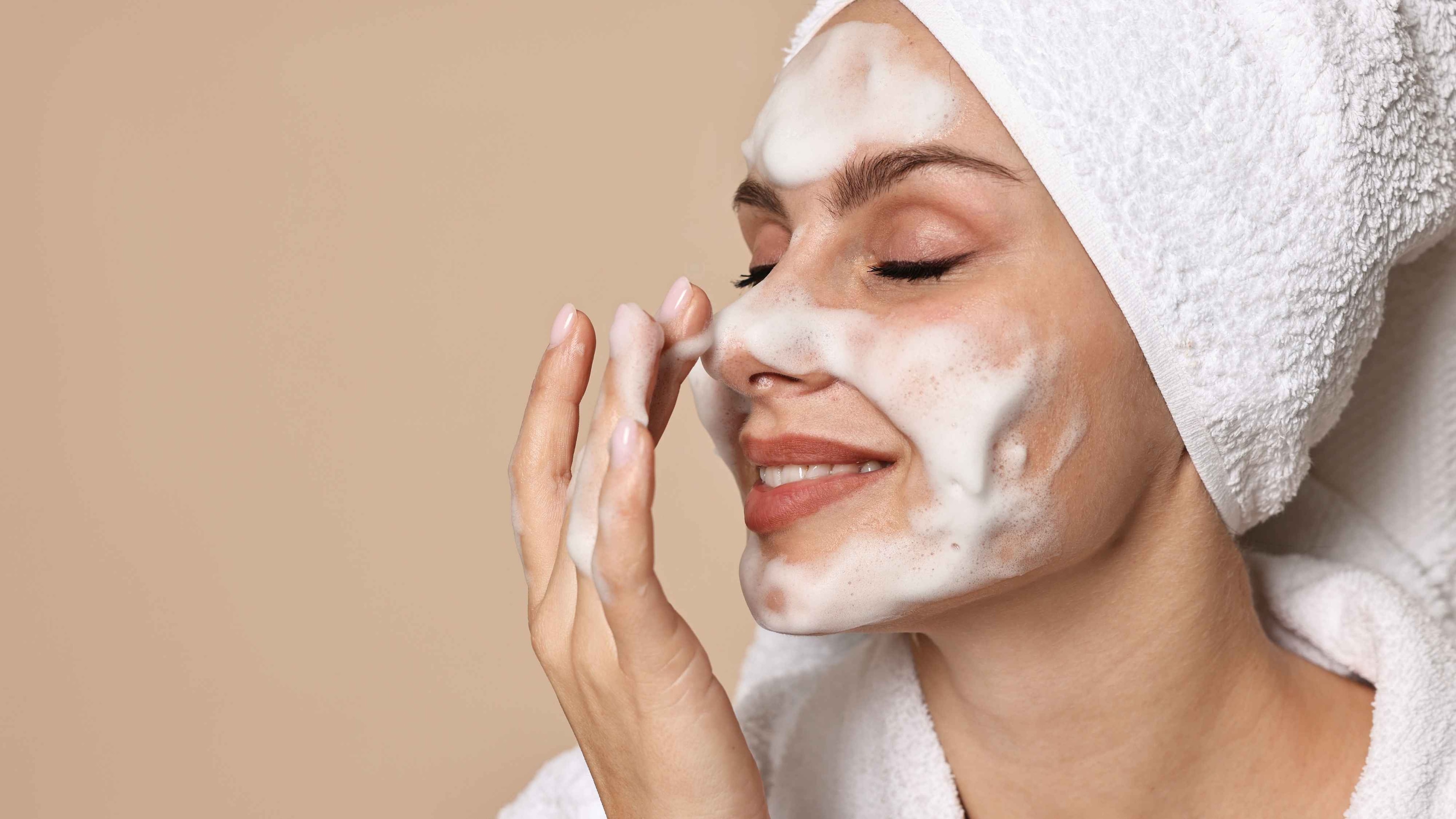
Wash your face with a gentle cleanser to remove dirt, oil, and makeup.
- Pat Dry -
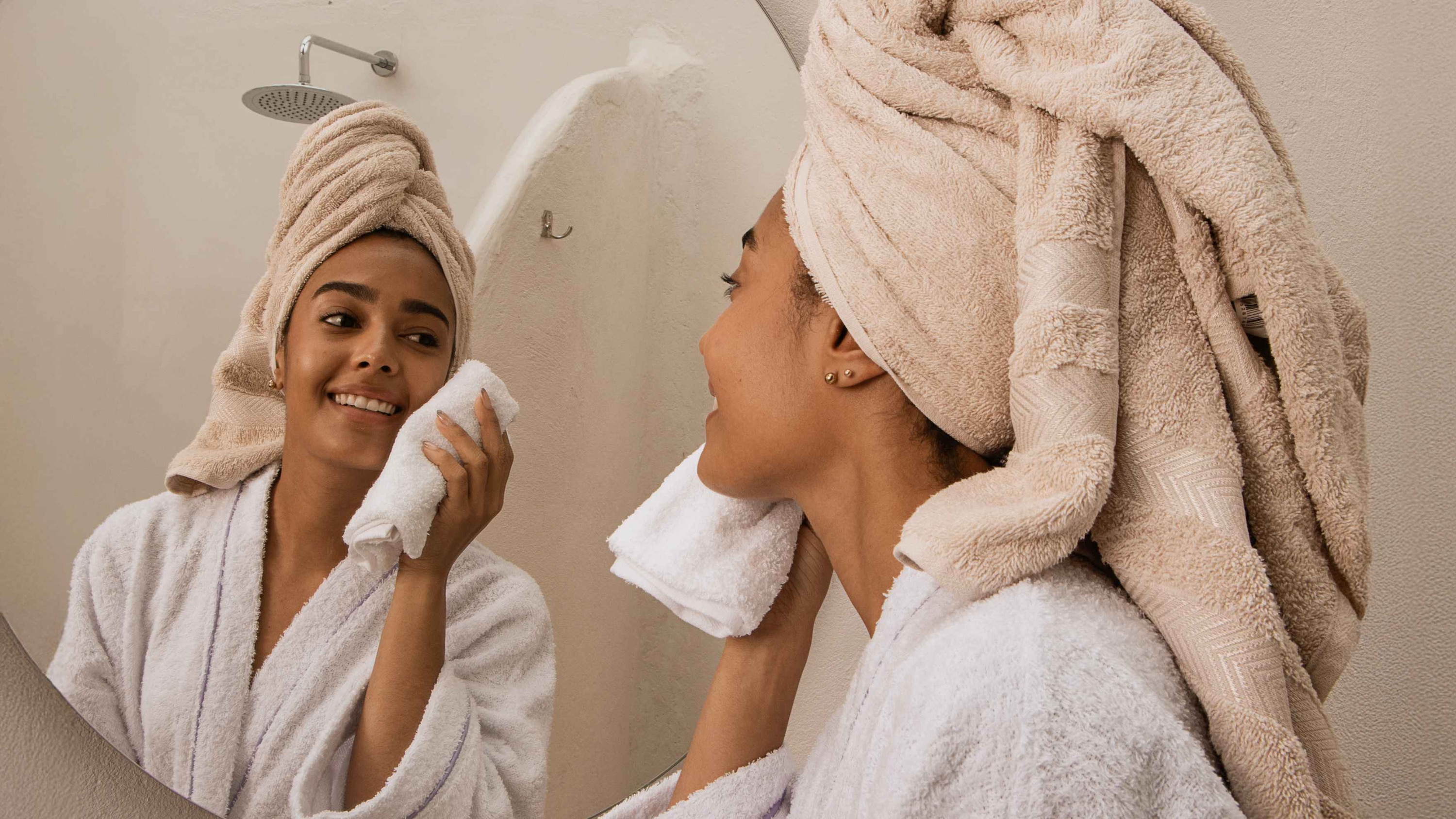
Gently pat your face dry with a soft towel — don't rub.
- Take a Small Amount -

Scoop a pea-sized amount of coconut oil (it will melt in your hands).
- Warm It Between Your Palms -
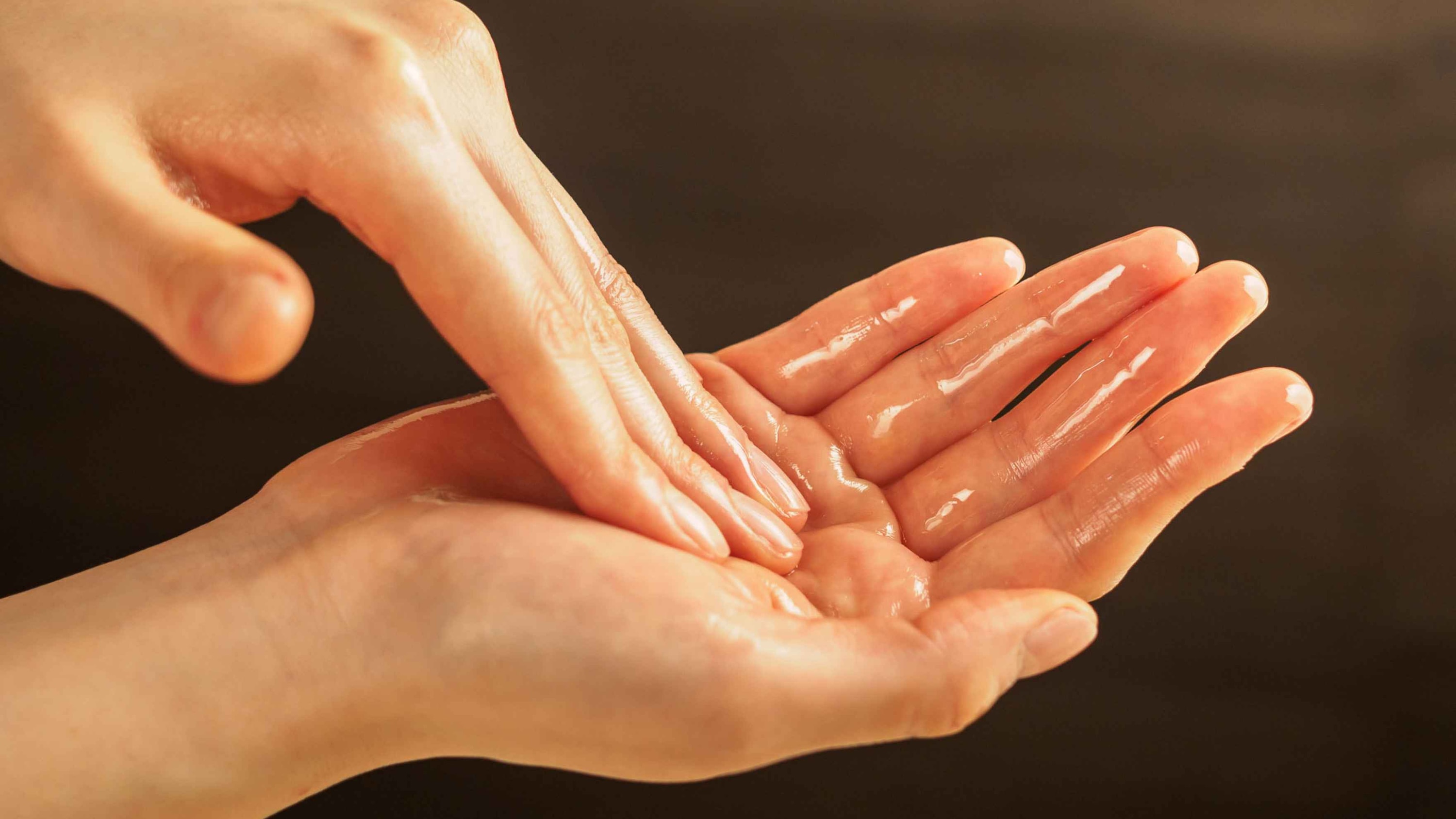
Rub it between your fingers to melt and activate the oil.
- Apply Evenly -

Gently massage the oil into your face in upward circular motions.
- Let It Absorb -

Leave it on overnight as a moisturizer or for 10–15 minutes as a hydrating mask, then rinse.
- Optional: Rinse or Layer -

For daytime use, rinse off any excess or layer with SPF for sun protection.
05Tips for Safe Use -
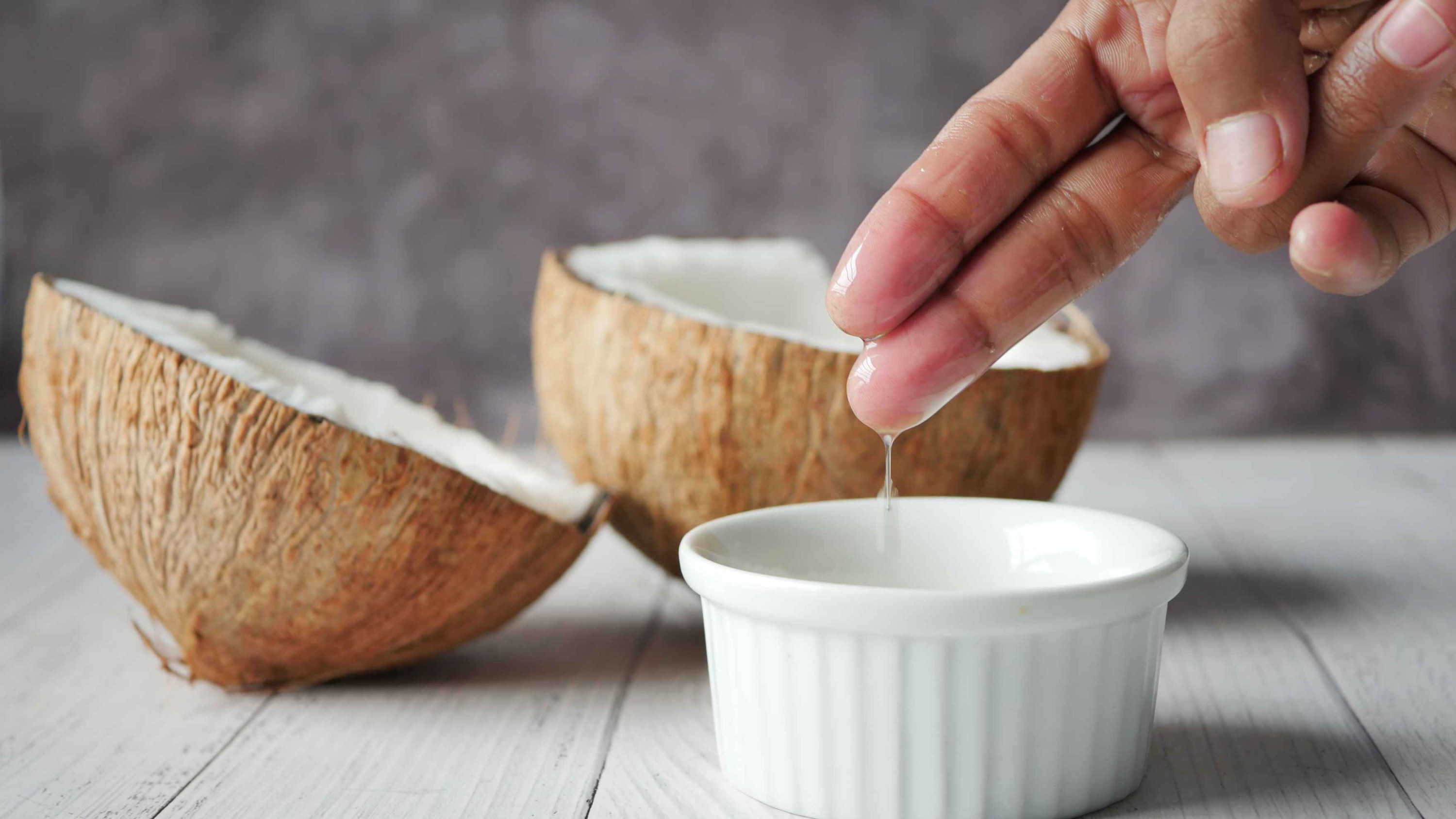
To make sure you're using coconut oil safely and effectively on your face, keep these tips in mind:
- Do a patch test first to check for sensitivity or allergic reactions.
- Use it at night if you're prone to oiliness — it may be too heavy for daytime.
- Apply only a small amount — more isn't always better.
- Always use clean hands or a spatula to avoid contamination.
- Store your coconut oil in a cool, dry place to keep it fresh.
06Possible Side Effects (Rare) -
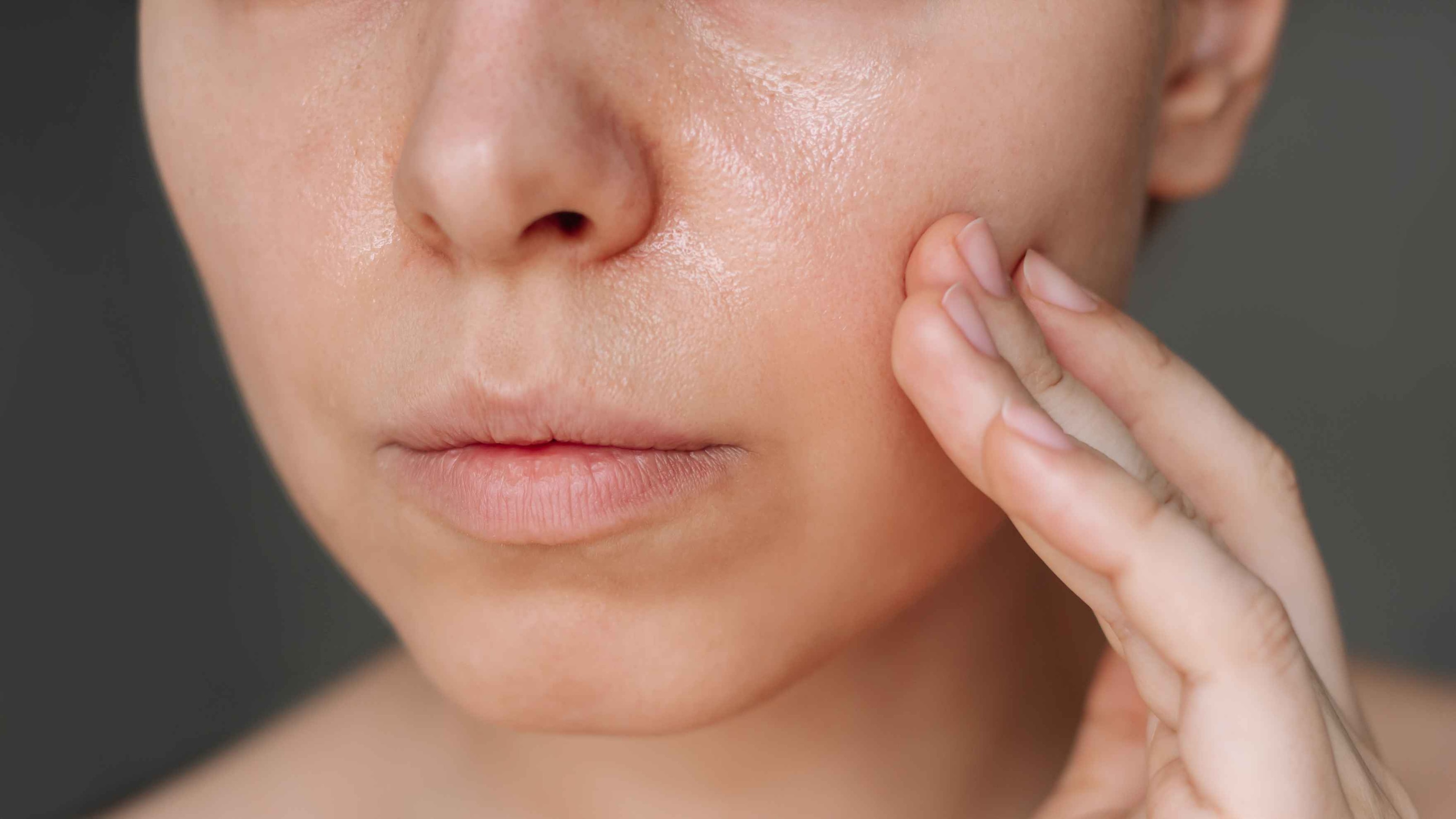
While coconut oil is generally safe, it can cause issues for certain skin types:
- Clogged pores: Coconut oil is comedogenic and may cause breakouts in acne-prone skin.
- Greasy residue: It can feel heavy or greasy, especially if over-applied.
- Allergic reactions: Rare, but possible — always patch test first.
- Photosensitivity: Some people find it increases sun sensitivity when used during the day without SPF.
07Conclusion: Should You Try Coconut Oil for Your Face?
If you're looking for a simple, affordable, and natural way to boost your skincare routine, coconut oil for face use is definitely worth considering. It deeply hydrates, soothes irritation, and offers antioxidant protection — all without added chemicals or synthetic ingredients.
However, skin type matters. If you have dry or sensitive skin, it could be your new holy grail. If you're acne-prone or have oily skin, consider spot-testing first or exploring lighter, non-comedogenic oils like jojoba or rosehip.
Ultimately, the key to glowing skin is using what works for you — and coconut oil might just be the natural game-changer your routine needs.
08FAQs: Coconut Oil for Face
Q1: Can I use coconut oil on my face every day?
Yes, if your skin tolerates it well. Use it at night as a moisturizer or cleanser.
Q2: Does coconut oil help with acne?
It has antibacterial properties, but it may clog pores. It's best for dry, non-acne-prone skin.
Q3: Is it safe to leave coconut oil on face overnight?
Yes, many people use it as an overnight moisturizer or mask — just apply a thin layer.
Q4: Which type of coconut oil is best for the face?
Go for cold-pressed, unrefined, organic coconut oil for maximum benefits.
Q5: Can coconut oil lighten dark spots or scars?
It may help fade marks over time thanks to its moisturizing and healing properties, but results vary.
Q6: Is coconut oil good for under-eyes?
Yes, it can be gently dabbed under the eyes to moisturize and soften fine lines.
Q7: Should I wash my face after applying coconut oil?
If you're using it as a mask or cleanser, yes. If using it as a moisturizer, you can leave it on.

